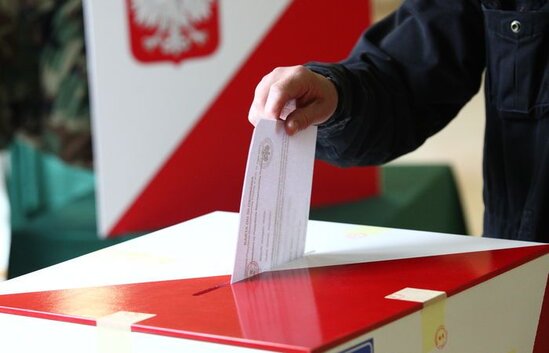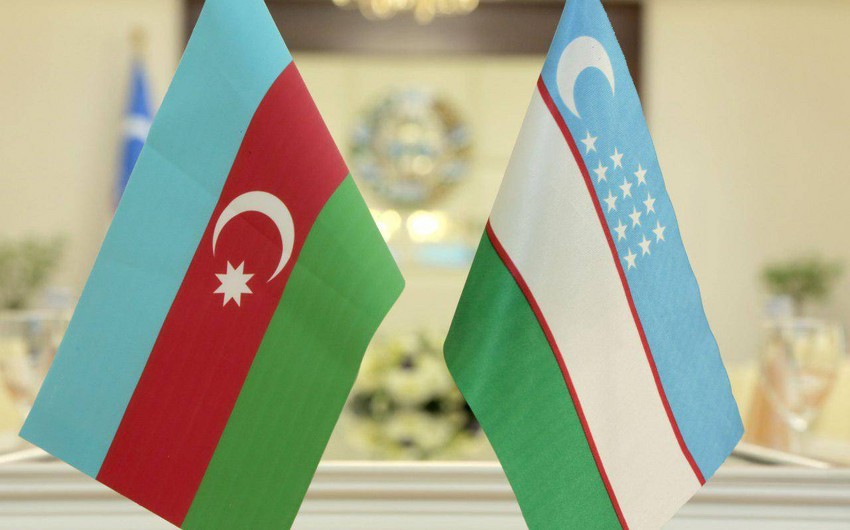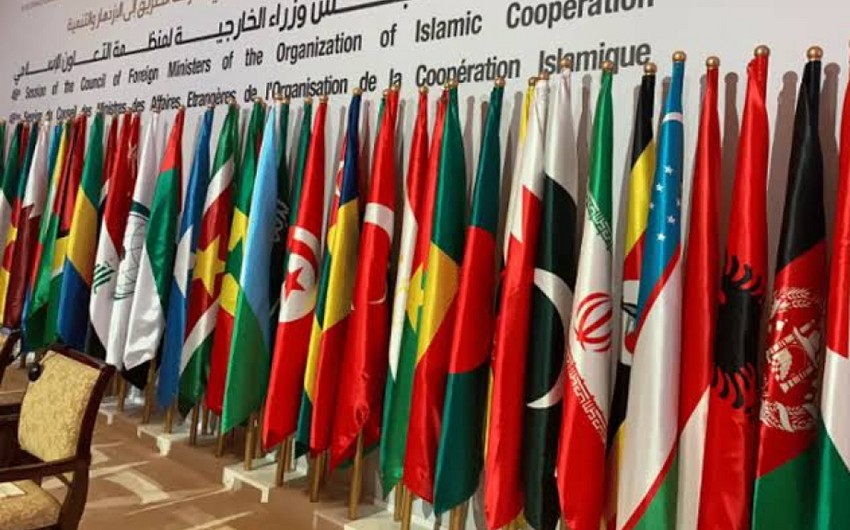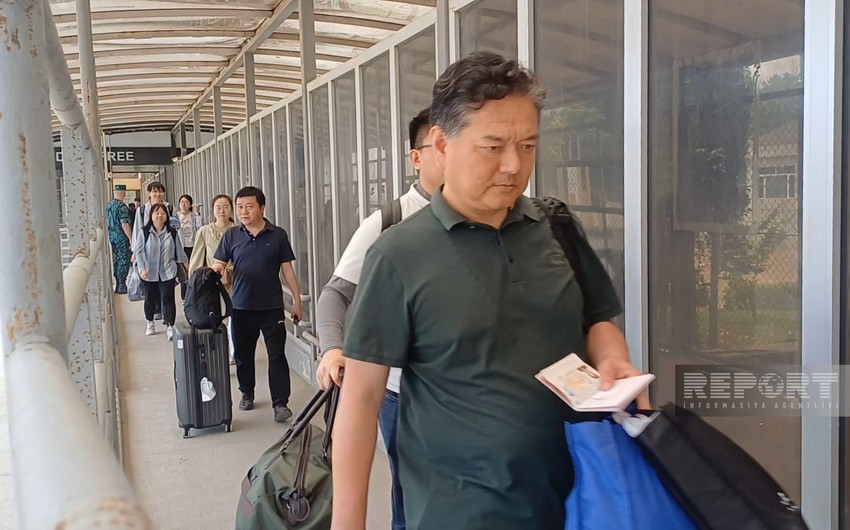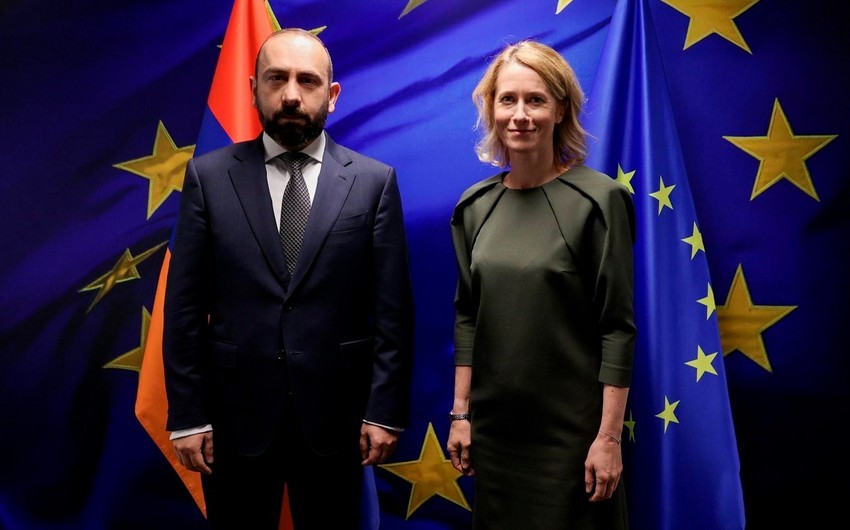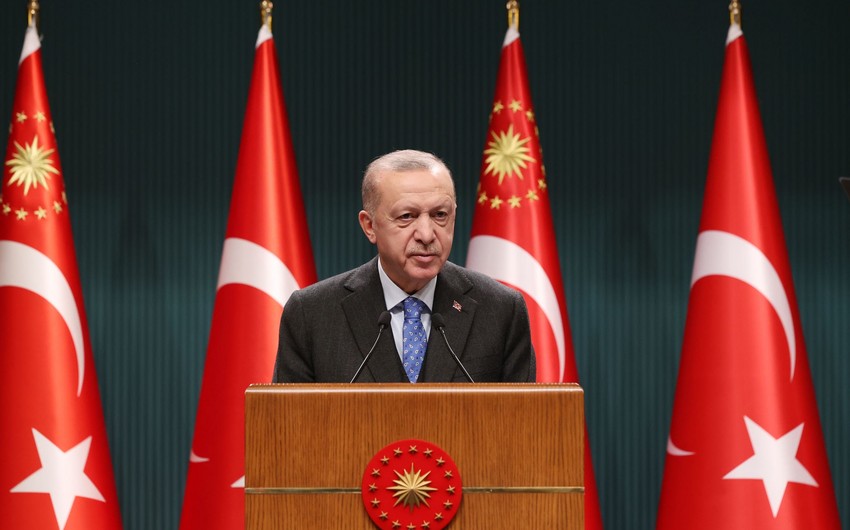Georgians will head to the polls this Saturday in a pivotal parliamentary election that will determine whether the small Caucasian nation moves closer to European Union membership or veers toward Moscow.
Foreign policy has taken center stage in the electoral campaign, overshadowing traditional domestic concerns. The shift is largely due to the ruling Georgian Dream party’s authoritarian turn, which has jeopardized Georgia’s shot to join the bloc. Failure to secure EU membership would risk pulling the post-Soviet country back into the sphere of Russian influence.
The pro-Western opposition challenging Georgian Dream has pledged to prevent that.
How did Georgia get here?
Around 80 percent of the Georgian population supports EU membership; not so long ago, Georgia was the poster child of the EU. But the tables have turned — while the EU has opened accession negotiations with Ukraine and Moldova, Georgia’s process has halted.
The culprit is the ruling party and its founder, the oligarch Bidzina Ivanishvili. At the helm of the country since 2012, Georgian Dream became increasingly anti-Western after Russia’s invasion of Ukraine in 2022. Since then it has adopted laws from Russia’s playbook, such as a “foreign agent law” and an “anti-LGBT propaganda law.” Critics believe the purpose of such noxious legislation is to undermine Georgia’s EU prospects and allow Georgian Dream to stay in power.
What’s at stake?
As Georgia’s EU prospects hang by a thread, Western governments are watching the election closely.
“The next elections will be the moment of truth and the Georgian people will have to decide which way they want to go: toward Europe or getting apart from Europe,” said the EU’s foreign affairs chief, Josep Borrell.
Drifting further away from EU has both political and economic consequences. Georgia has already lost €121 million in aid from Brussels, and as the EU’s ambassador to Georgia has warned, the country risks losing financial assistance altogether if Tbilisi halts its accession process.
The United States has already imposed financial restrictions and travel bans on senior figures in the Georgian government for undermining democracy, signaling that Georgian Dream’s anti-Western turn will come at a cost.
While turning its back on Western allies, the ruling party has been making new friends. It has forged a strategic partnership with China and has been probing closer ties with Iran, leaving Georgia more vulnerable to Russia’s influence.
Is Georgian Dream pro-Russian?
That depends on whom you ask.
Georgian Dream features the EU logo on its election banners and claims it wants to join the bloc on its own terms, “with dignity.” However, it also harshly criticizes the West for “LGBTQ+ propaganda” and says the United States and the EU are influenced by a “global war party” that wants to “drag Georgia into the Russo-Ukrainian war.”
Warnings to Georgian Dream that its adoption of Russian-style laws are jeopardizing Tbilisi’s EU bid have fallen on deaf ears.
Opposition groups are confident Georgian Dream has a pro-Russian agenda. While they have framed the elections as a choice between Europe and Russia, the Georgian Dream government has framed it as a choice between war and peace.
At the same time, the party has taken an amiable approach to Moscow — despite its invasion of Georgia in 2008 and the fact it continues to occupy 20 percent of the country’s territory.
Who is the ruling party up against?
Opposition parties have been attempting to unseat the Georgian Dream government for over a decade, with little success. Georgian Dream has maintained power by discrediting opposition groups and blaming the United National Movement (UNM) political party for the country’s woes.
Founded by ex-president Mikheil Saakashvili, the UNM came to power in Georgia in 2003. It was ousted by a Georgian Dream opposition coalition in 2012 in the wake of human rights scandals and widespread protests.
Georgian Dream has since committed to preventing the UNM’s return to power. The ruling party recently pledged to ban nearly all opposition parties if it wins in the polls, claiming that the UNM has infiltrated them all.
With the stakes so high, several pro-European opposition parties have formed small coalitions instead of a single united front to appeal to different sections of Georgian society.
Leading this pro-Western opposition is President Salome Zourabichvili, who initiated the so-called Georgian Charter, an agreement among opposition parties to pursue reforms in key areas like the judiciary and anti-corruption. After implementing these reforms, the signatories plan to hold snap parliamentary elections “in a free and fair environment.” The charter also empowers the president to nominate members of government, including the prime minister.
What are the polls saying?
All polls suggest that Georgian Dream is poised to secure the most votes, but that alone doesn’t guarantee it victory. The party is pushing for a constitutional majority, which would give it the power to pass laws, including constitutional amendments, without needing opposition support.
However, it is unlikely to achieve that goal, as Georgian Dream could struggle merely to form a government on its own.
This year’s elections will be proportional, meaning the 150 parliamentary seats will be distributed according to the percentage of votes each party receives. A fresh poll by Edison Research for opposition-leaning Formula TV predicted that Georgian Dream would score 34 percent, with opposition parties that cross the 5 percent threshold for representation in parliament collectively gaining 53 percent.
By contrast, a September poll by Gorbi for the pro-government Imedi channel gave Georgian Dream a commanding lead with 59.5 percent, projecting that only two opposition coalitions would surpass the 5 percent threshold, totaling 23.9 percent.
Who can form a government?
To approve a government, the Georgian parliament needs 76 votes in favor — a simple majority of its 150 seats.
Both Georgian Dream and the pro-Western opposition parties would need at least 50 percent to form a government. But even if they don’t score 50 percent at the polls, they can still gain seats from the less-popular parties that fail to cross the 5 percent threshold, whose support will be redistributed proportionally.
If it doesn’t win a majority, the largest party will have to form a working agreement with other parties. All opposition parties, however, have ruled out working with Georgian Dream.
If Georgian Dream falls short of 76 seats, a united opposition could form the government. The groups have agreed to let President Salome Zourabichvili name the prime ministerial candidate.
What’s the mood like?
The pre-election period has been marred by widespread intimidation, with opposition leaders attacked on the campaign trail. Since the adoption of the country’s Russian-style “foreign agents” law, Georgian Dream supporters have assaulted civil activists, while journalists and civil society groups have faced threats and vandalism.
Nino Dolidze, executive director of election monitoring group ISFED, is among the targets.
“When the government makes an enemy of you, it impacts your work,” she said, noting difficulties in recruiting observers due to fear of reprisals. She pointed out that vote-buying and the use of administrative resources — the mobilization of people employed in the state sector to rally for Georgian Dream — remains a pressing issue.
“People are afraid they will lose their jobs,” she said.
What can we expect after the vote?
Despite the tense political atmosphere, the real storm is yet to come. Both the ruling and opposition parties are so confident of victory they will be reluctant to accept defeat.
For Georgian Dream, losing means surrendering control of state institutions and facing political retribution.
Kornely Kakachia, director of the Georgian Institute of Politics, predicts that post-election protests are inevitable. “If the oligarch loses, a lot will depend on how he reacts. We will probably need Western governments’ involvement to receive [security and financial] guarantees,” he said.
Kakachia also noted Georgia’s lack of experience with coalition governance. It’s an open question how the united opposition will overcome internal divisions to form a stable government and address key issues, such as making up for lost ground on the path to the EU and withdrawing problematic laws, “to gain trust within and outside the country,” Kakachia said.
If Georgian Dream wins, Kakachia warned, political polarization will worsen. “They will never unite Georgian society, and this division is exactly what Russia wants — it’s like music to the Kremlin’s ears.”

